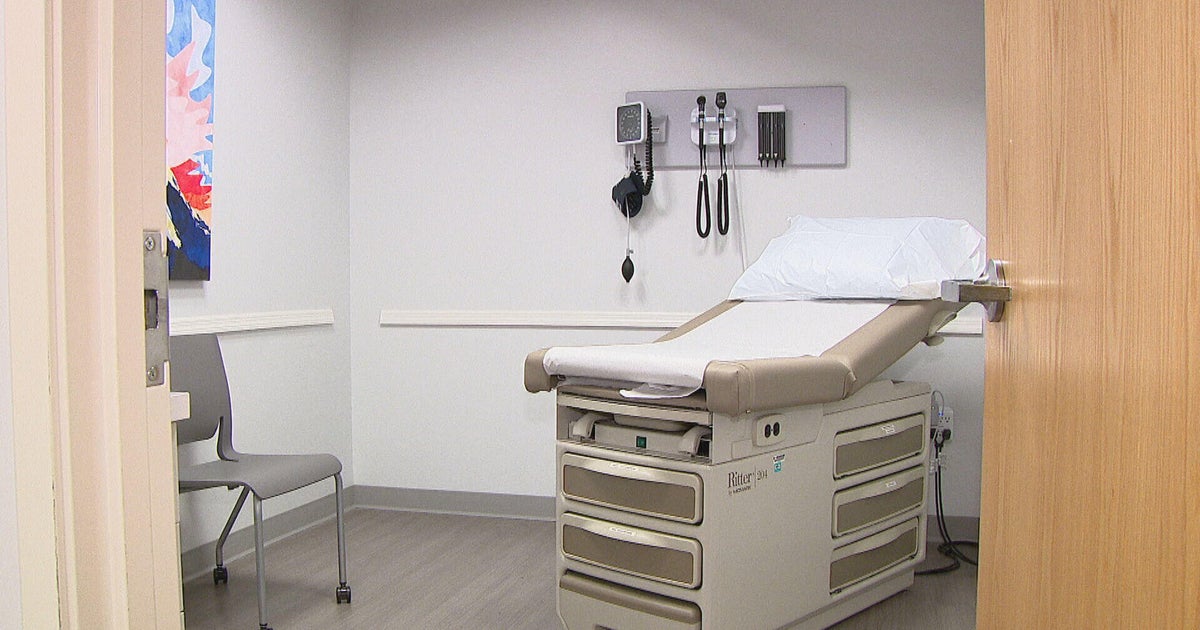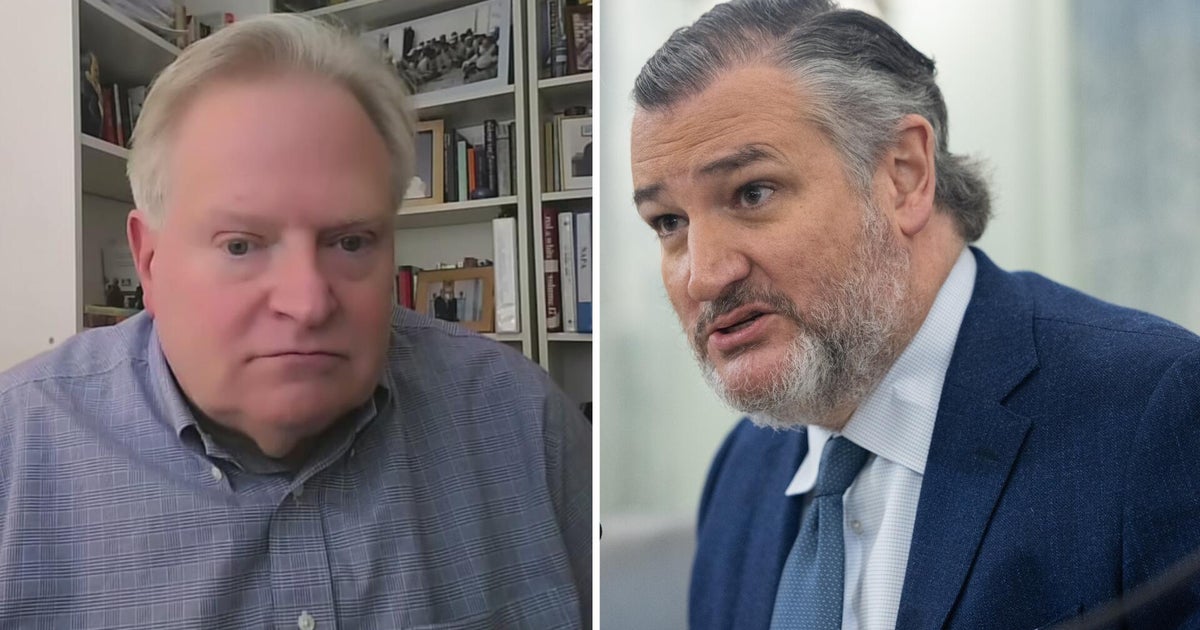CBO: Health Care Repeal Explodes Deficit
WASHINGTON (CBS4) - The GOP rode to power in the House of Representatives on a promise to lower budget deficits and cut government waste. But, their first legislative move may explode deficits and take away health care from Floridians and other Americans.
House Speaker John Boehner is bringing to the floor a bill that would repeal President Obama's health care reform legislation passed last year. But, the plan is short on details and new numbers show the move will have a negative impact on the deficit.
The non-partisan Congressional Budget Office found that if H.R. 2, the repeal of the health care reform, were to pass into law, it would raise the federal deficit by roughly $145 billion over the first 7 years and adding two more years to it will raise the deficit by $230 billion.
The CBO score showed that in the decade after 2019, a repeal of the health care reform would raise the deficit by roughly one-half percent of GDP and it would grow more in the decade after that.
According to the CBO, the repeal sought by the GOP-led House would leave 54 million non-elderly people without health insurance in 2019. That would translate to roughly 83 percent of Americans having health care with the repeal, or 94 percent having health care if the health care reform bill stays.
The CBO found that H.R. 2 may lower health insurance premiums, "somewhat," but that's primarily because fewer people would be insured overall. The premiums may be lower, but the CBO reported that people would pay more due to H.R. 2 eliminating subsidies people would receive by shopping on insurance exchanges.
In addition to the CBO report, Harvard economist David M. Cutler estimated that a full repeal of the health care reform act would result in a net job loss of roughly 250,000 – 400,000 jobs.
However, H.R. 2 isn't going anywhere. Senate Majority Leader Harry Reid said it's dead on arrival in the Senate and won't even bring it to the floor. Plus, President Obama would veto any such act and it would then require a two-thirds majority to overcome a veto.
The House will likely then begin to take up repealing individual aspects of the bill and/or reaffirming support for parts that are popular.







